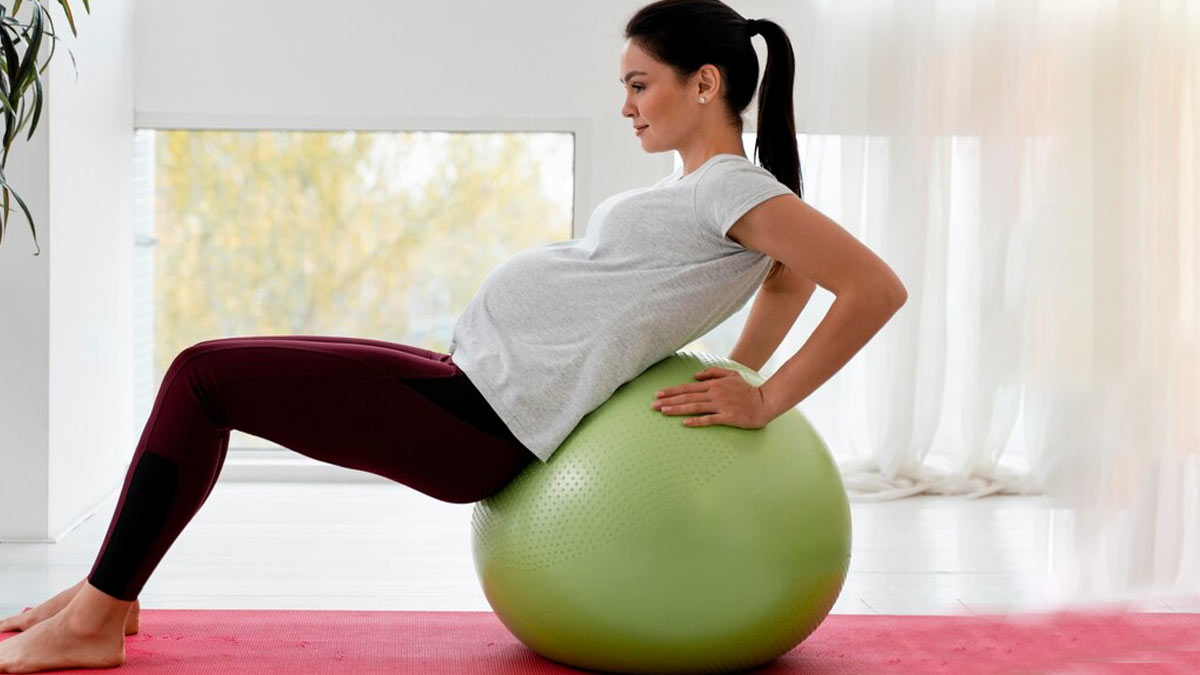
Bringing a new life into the world is a huge decision. For people undergoing fertility treatments, the experience can be even more overwhelming and daunting. It is therefore only natural to have questions and wonder whether you can take part in certain things or engage in certain activities. Exercise, for instance, is great for your health, but is it safe to do when you’re undergoing fertility treatments? We asked an expert to shed light on the same. But before that, let’s look into some of the most common types of fertility treatments.
Table of Content:-
Types Of Fertility Treatments

According to an alarming report by the World Health Organization (WHO), around 17.5% of the adult population worldwide experiences infertility, which is described as the inability to achieve a pregnancy after 12 months or more of regular, unprotected sexual intercourse.
The causes of infertility may vary from person to person, and it is important to speak with a fertility specialist to assess the cause and determine a treatment plan. Speaking with the OnlyMyHealth team, Dr Kalyani Shrimali, Fertility Consultant at Nova IVF Fertility, Indore, lists some of the common fertility treatments available. These include:
Also Read: Infertility Among Men: Causes, Symptoms, Treatment
Intrauterine Insemination (IUI)
IUI is a simple procedure in which the sperm is directly inseminated into the uterus during the ovulation period, which helps healthy sperm get closer to the egg.
In Vitro Fertilisation (IVF)
IVF is a procedure where the ovaries are stimulated using drugs or hormone-based injections to produce more eggs than normal. Then the eggs are extracted, and they are fertilised with the sperm outside the body, resulting in the formation of an embryo. The embryo is then planted in the uterus.
Intracytoplasmic Sperm Injection (ICSI)

ICSI is a treatment that addresses male infertility concerns, such as low sperm count or poor sperm quality. ICSI involves directly injecting the selected sperm into the egg, which enhances the chances of conception by eliminating the requirement for sperm to independently penetrate the egg.
Egg and sperm donation
If any of the partners have infertility problems with eggs or sperm, they may be able to receive eggs or sperm from a donor to help them conceive. This treatment is usually carried out using IVF.
Injectable hormones
In this fertility treatment, medications and hormonal therapies are used to stimulate ovulation or enhance reproductive processes. While these treatments may cause side effects, such as mood swings or bloating, significant pain is not a typical outcome.
Surgery of blocked fallopian tube
As per Dr Shrimale, when one or both fallopian tubes get blocked or narrowed due to scars, it can restrict the movement of the egg and sperm. This is most prevalent among those who have endometriosis or pelvic infections.
In such cases, doctors can try to remove the scar tissue with surgery, which can increase fertility chances, the doctor adds.
Also Read: Embracing the Path to Parenthood by Overcoming Infertility
Can You Exercise While Undergoing Fertility Treatments?

Dr Shrimale says, “In general, moderate exercise with low impact is considered safe and even beneficial for individuals undergoing fertility treatments.”
She recommends indulging in yoga and going for walks, as they can help reduce stress, improve overall health, and contribute to a positive mindset during the fertility journey.
On the contrary, high-impact activities may need to be adjusted during certain phases of fertility treatments, she advised, suggesting consultation with healthcare providers before starting an exercise routine.
Additional Tips To Follow
Here are some additional self-care tips to follow while undergoing fertility treatment:
- Eat a healthy, nutritious diet, including whole foods such as fruits, vegetables, grains, and proteins.
- Avoid smoking, alcohol, and exposure to harmful chemicals.
- Strictly adhere to the guidance provided by fertility specialists and healthcare professionals.
- Manage stress and seek support from friends, family, or counselling services.
- Educate yourself about the various aspects of fertility treatments, potential side effects, and alternative options.
Conclusion
It is important to note that exercising is a great way to support your pregnancy. The only thing to keep in mind is to avoid indulging in high-impact workouts that can increase your risk of injury. If you’re undergoing fertility treatments, speak with your doctor to determine the best exercise plan. However, do not compromise on your resting time, and ensure that you stay hydrated and eat plenty of nutrient-dense foods. Most importantly, reduce stress with relaxation techniques like yoga and meditation.
Also watch this video
Read Next
6 Indian Celebrities Who Froze Their Eggs: Expert Shares How It Can Help You Conceive Later In Life
How we keep this article up to date:
We work with experts and keep a close eye on the latest in health and wellness. Whenever there is a new research or helpful information, we update our articles with accurate and useful advice.
Current Version